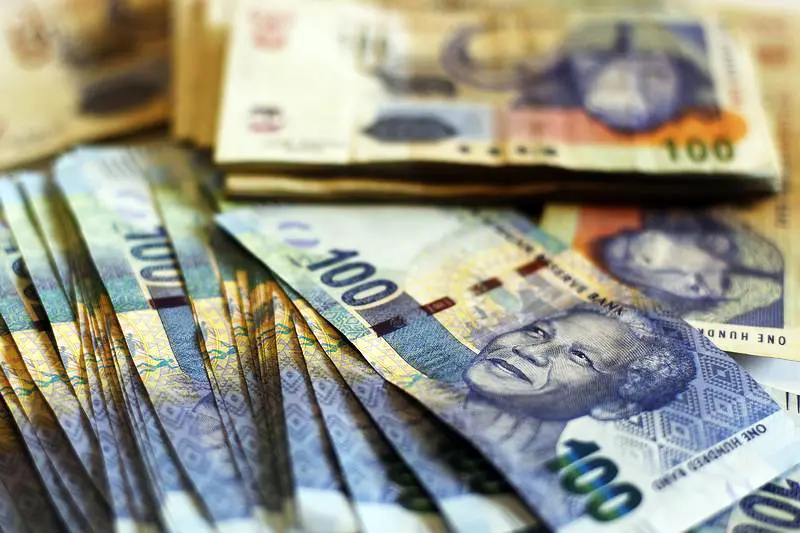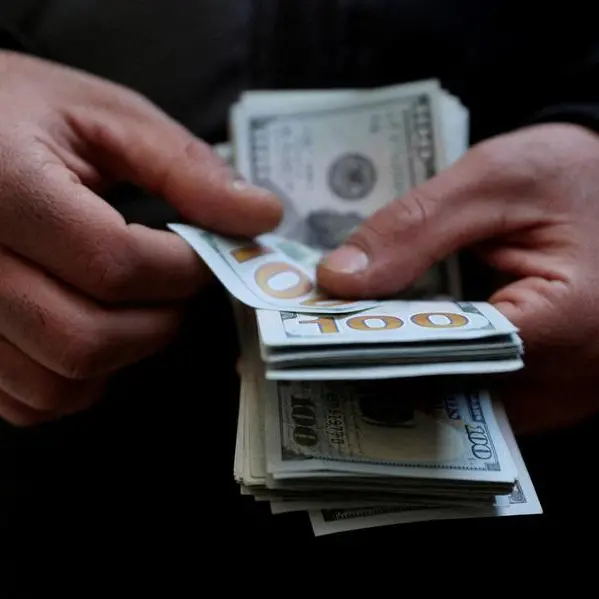PHOTO
LONDON/JOHANNESBURG- South Africa's rand held onto cautious gains on Wednesday, after the finance ministry said in the national budget that debt would peak lower than previously expected and spending would grow only modestly.
Finance Minister Enoch Godongwana announced in his maiden budget that higher prices for South Africa's key commodities exports would increase tax receipts, but pledged to keep a lid on spending growth amid a need for deeper structural reforms.
At 1316 GMT, the rand traded at 15.033 against the dollar, strengthening 0.2 on the day. The benchmark 10-year sovereign government bond yield rose slightly to 9.19%, just short of its intraday high.
Investors had been watching for how Godongwana planned to allocate bumper tax receipts due to high commodity prices, as he walked a tight rope between allocating funds for social spending and sovereign debt repayments.
"Overall a market supportive budget, beating consensus, even though not as optimistic as our expectations," Deutsche Bank sub-Saharan Africa economist Danelee Masia said in a note.
"Still many may be skeptical over potential permanency of social support or the President's employment scheme that may require expenditure reductions or tax hikes."
Masia also noted the decision not to increase gross treasury bill issuances, predicting this meant that national treasury would likely keep the auction size on bonds unchanged for the time being.
"The initial market (reaction) has been mixed with traders balancing the improved fiscal metrics and talk of reform against some crucial questions that were left (un)answered," Kieran Siney of ETM Analytics said by email.
"Although the finance minister provided some colour on how it plans to crowd in the private sector in electricity generation, the market was looking for more insight into how the government plans to address the power utilities debt issue, given the risks it poses to the government’s coffers."
The rand had strengthened in early trading on Wednesday as receding fears of an all-out war over Ukraine boosted riskier currencies, following a slew of sanctions imposed by several countries on Tuesday.
Riskier currencies across the world had come under some pressure with investors fleeing to safe-haven assets amid rising geopolitical tensions.
(Reporting by Rachel Savage and Promit Mukherjee; editing by Uttaresh.V and Bernadette Baum) ((promit.mukherjee@thomsonreuters.com; +27 64833 4448;))





















